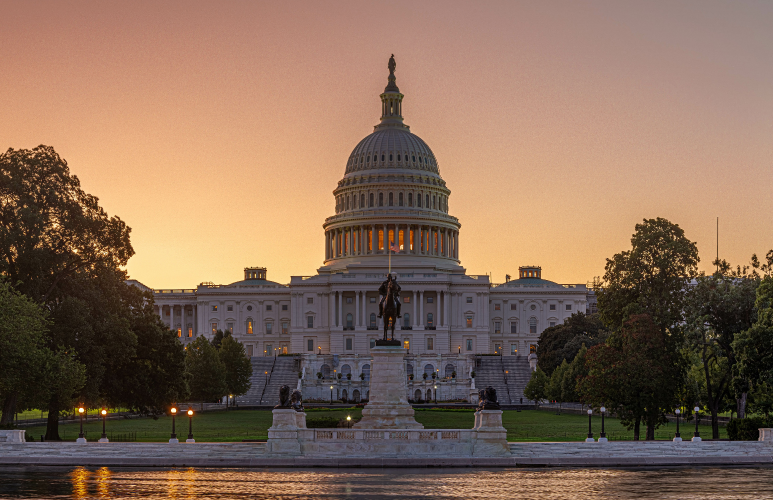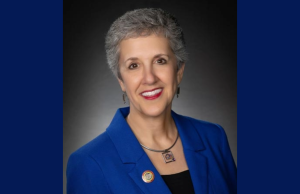The Republican conference in the U.S. House, which is poised to take control of the chamber in 2023, rejected a legislative amendment which would have eliminated “earmarks” — legislators’ ability to designate federal funds for favored projects.
The move to amend conference rules, which had been proposed by Rep. Tom McClintock (R.-Calif.) was defeated last week by a 52-158 yea/nay vote among Republicans. Some Republicans favored eliminating earmarks – or, as they are known in the House, Community Project Funding Requests, while in the U.S. Senate they are called Congressionally Directed Spending – as a cost-cutting measure.
But others were wary of ceding the power of the purse to the Senate and the executive branch, both of which are and will be held by the Democrats. Earmark advocates also hold that the process provides a certain amount of transparency for congressional expenditures.
“The continuation of earmarks is a great opportunity for nonprofits across the country to access new funding,” said Steve Taylor, the former longtime head of government for United Way Worldwide and current principal at advocacy firm Integer LLC in Washington, D.C.
“The funding is new in the sense that it is coming directly from Congress outside of the normal grant funding through the executive branch,” Taylor added. “This money is effectively in addition to any federal grant funding that nonprofits might apply for through federal agencies.”
The practice of designating funds by members of Congress had been suspended in 2011 amid anti-spending fervor but was brought back earlier this year. Federal legislators recently set aside $1.7 billion in funding for more than 1,700 nonprofit-related projects.
As the 52 votes to affirm McClintock’s amendment show, there is more-than-marginal Republican opposition to maintaining earmarks. A letter from a handful of conservative organizations to members of the House Republican conference referred to earmarks as “[O]ne of the most corrupt, inequitable, and wasteful practices in the history of Congress,” and claimed supporting “Rep. McClintock’s amendment is your first opportunity to demonstrate to taxpayers that the election of a Republican majority in the House will be accompanied by a serious effort to restore and maintain fiscal responsibility.”
The letter further characterized earmarks as “…a lazy, unfair, and corrupt way to circumvent the authorization and appropriations process,” adding “The American people have made it clear they want business as usual to end in Washington, D.C. Again, we urge you to show your commitment to fiscal responsibility and support Rep. McClintock’s amendment to restore the earmark ban.”
The letter was signed by more than 15 leaders from conservative organizations, including the Council for Citizens Against Government Waste, the National Taxpayers Union, American Commitment, American Consumer Institute, Americans for Tax Reform, Club for Growth, the Center for Energy and Environment at the Competitive Enterprise Institute, FreedomWorks, Frontiers of Freedom, Heartland Institute, Heritage Action for America, Institute for Liberty, 60 Plus Association, Taxpayers for Common Sense and Taxpayers Protection Alliance. Full text of the letter is available here: https://bit.ly/3FnrA5e
Despite the opposition, earmarks are here to stay – at least for two years. “If they had gone away after two years, large numbers of nonprofits would not be able to avail themselves of it,” Taylor said. “But now it looks as though it will be around for a while and nonprofits can plan ahead to access this funding.
“The fact that a large majority of Republicans voted to keep earmarks is a signal that more Republicans are going to avail themselves of this process to the benefit of nonprofits,” Taylor concluded. “This is about as positive a development for nonprofits as we can expect to see for the next two years.”









